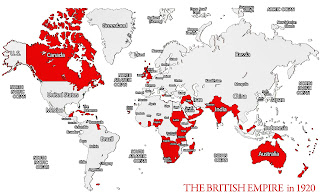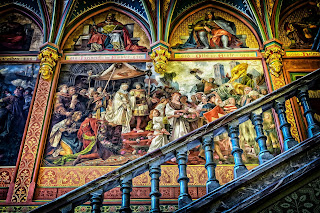Gender Equal Text in English Literature : How This Can Save the Future Discourse?

Points of Discussions: 1."Gender-Neutral Language in English Literature: Myths and Realities" 2. "Debunking Misconceptions on Gender-Equal Text in English Literature" Introduction "Girls and boys see gender inequality in their homes and communities every day – in textbooks, in the media and among the adults who care for them." Unicef Before starting our discussion on Gender Equal Text , we will pull out the greater canvas of Gender equality tests. We are talking about the very controversial Vladimir Nabokov’s “Lolita” . “Lolita, light of my life, fire of my loins. My sin, my soul. Lo-lee-ta: the tip of the tongue taking a trip of three steps down the palate to tap, at three, on the teeth. Lo. Lee. Ta. She was Lo, plain Lo, in the morning, standing four feet ten in one sock. She was Lola in slacks. She was Dolly at school. She was Dolores on the dotted line. But in my arms she was always Lolita. Did she have a precursor? She did, indeed she did. I

.png)





